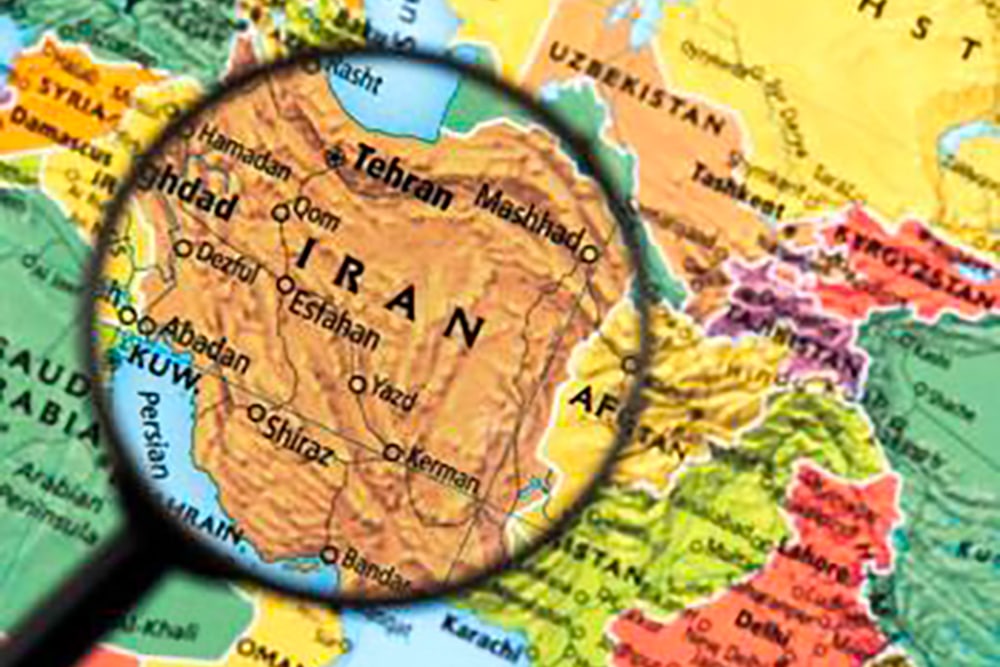“There are now many NGOs and agencies that are helping people with their immediate needs,” said Hemant Prakash Budha, member of the Local Spiritual Assembly. “But the Assembly realizes that it can think about long-term solutions. This village has the land and the skills to produce food. But how can we manage if we don’t organize our agricultural efforts as a community?”
The Local Spiritual Assembly has been consulting weekly since the start of the pandemic to help identify and meet the needs of the community. Recently, it has been connecting returning migrant workers with opportunities to farm uncultivated plots belonging to area residents.
“Our attitude is not one of dependence, where some people have everything and others are lacking” says Prasad Acharya, a resident of Motibasti. “We see how all can contribute to the community. This is an aspect of the Baha’i principle of the oneness of humanity: that all are one family and all prioritize for the needs of others.”
Drawing on local knowledge and expert advice, the Assembly has assisted families to determine which crops and livestock will provide the best sources of nutrition for the village.
The Assembly has been resourceful in helping the community to overcome obstacles. For example, when one part of the village found that it lacked water for irrigation, the Assembly sought assistance from local and regional officials who arranged for a well to be drilled.
Mr. Prakash Budha, reflecting on these experiences, states: “The community is concerned about a potential food crisis, the increasing price of goods, and other issues such as children’s education. When people consult in a spiritual way—lovingly and kindly—they start to become aware of the opportunities before them and how they can move forward. Consultation creates the hope that you can take action and change things.”



